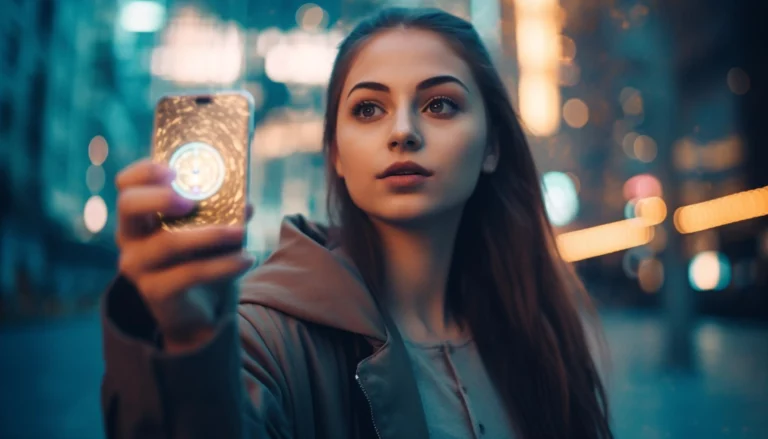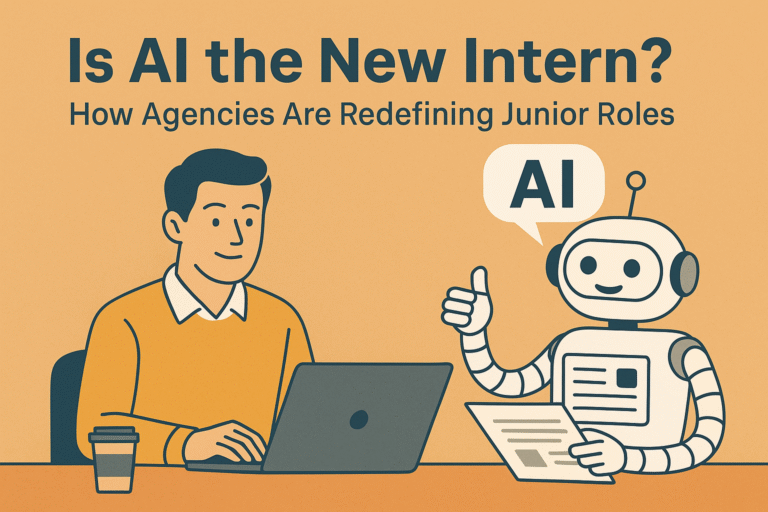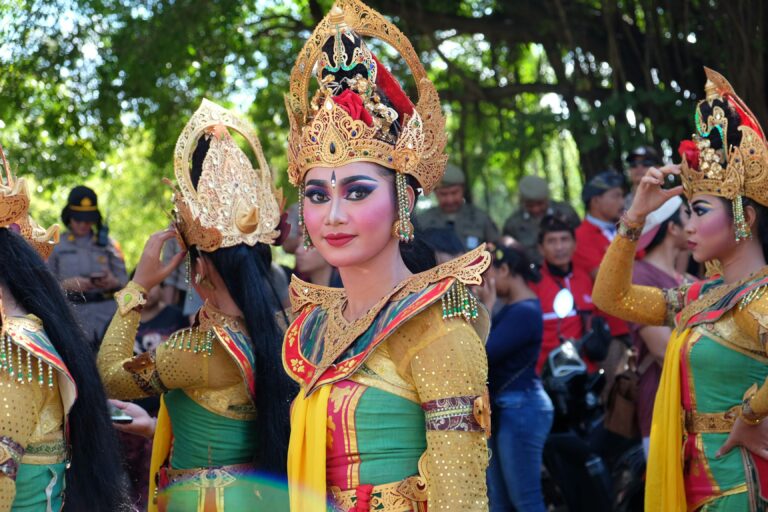
5. Ethics, Authenticity, and Trust
AI-generated influencers spark debate. Are they misleading? Do they lack authenticity? Can they really “influence”? Transparency is key. Consumers—especially in the U.S.—value honesty. Make sure your brand discloses that these personalities are virtual.
📌 Consider:
- Label content clearly (“Virtual Creator” or “AI Character”).
- Use AI responsibly, avoiding stereotypes or uncanny realism that could create backlash.
- Blend human and AI-led campaigns to balance innovation with relatability.
6. The Future of Influencer Marketing
The line between digital and human will continue to blur. As Gen Z and Gen Alpha grow up in AI-native worlds, AI-generated influencers could become as mainstream as reality stars.
📌 Forecast:
- Expect brands to co-create virtual personas with fans.
- Hyper-niche AI influencers will emerge—think digital wellness coaches, teen eco-activists, or retro-style foodies.
- Integration with the metaverse and AR platforms like Snapchat Lenses or Instagram Filters will drive immersive experiences.
Final Thoughts
AI-generated influencers aren’t here to replace humans—they’re here to redefine the boundaries of creativity, control, and connection in brand marketing.
Whether you’re a small brand testing new waters or a legacy company seeking cultural relevance, understanding how AI-generated influencers work will keep your strategy ahead of the curve.


